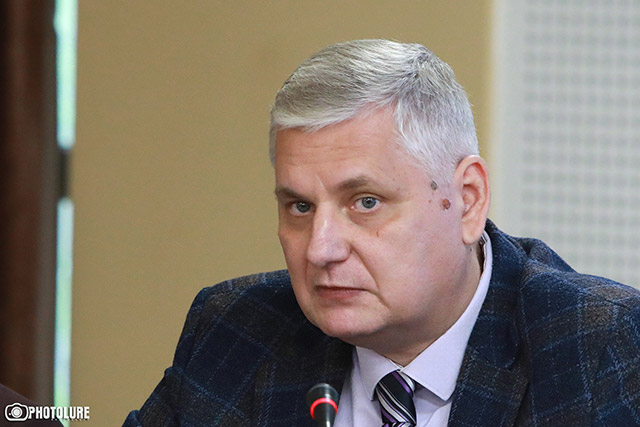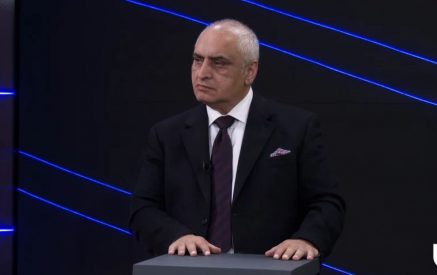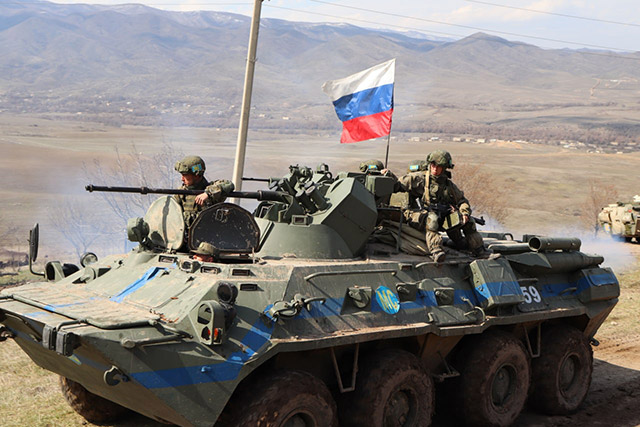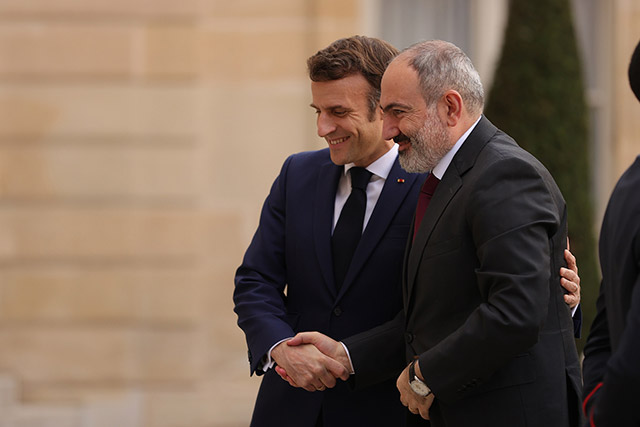The events of last year were not only about the military defeat of Armenia and the significant change of the status quo in Artsakh, but also about the state identity of post-Soviet Armenia. Sergey Markedonov, a leading researcher at the Center for Euro-Atlantic Security at the Institute for International Studies, made this statement on Friday at the annual Caucasus Conference in the 21st Century International Conference organized by the Caucasus Institute. The aim of the conference is to summarize the results of the first two decades of the 21st century in the Caucasus.
According to Sergey Markedonov, the Artsakh conflict is not over yet and the issue is not Armenia’s military defeat at this stage, but how much the Artsakh issue will remain a central element in Armenian politics and how ready Armenian society is to fight for Artsakh. In general, do they consider this issue a value and a priority? What will be the internal political position of Armenia? According to him, the situation is ambiguous and an analysis of at least the events of the past 30 years is needed to understand everything. In this context, the analyst noted that the peculiarity of the process of collapse of the USSR and the independence of Armenia was that the events in Armenia did not develop under the influence of external factors, as in Georgia, but the Artsakh and Artsakh issue played an essential role for internal and consolidation, and this internal issue quickly evolved into an external one. It is noteworthy that the expert does not consider the conflict to be with Artsakh, but Armenia-Azerbaijan, referring to the geography of the 1990s conflict: Shahumyan region, Martunashen, Getashen, and the Khanlar region of Artsakh, and the “Koltso” operation.
According to him, Kapan, the events of June 20, 2020, etc., are not Artsakh either. According to him, the issue of the borders between Armenia and Azerbaijan has always existed, and Artsakh was only the main symbol in all this. And the issue is the protection of the Armenian identity in the largest possible area, and what price should be paid for that? According to the speaker, the first serious debate on this issue took place in 1998 with Levon Ter-Petrossian’s article “War or Peace?” In his further analysis, Sergei Markedonov notes that the issue of Artsakh’s protection became a subject of internal political speculation and a method of maintaining power, bringing about the conventional Karabakh clan.
The Russian analyst’s assessment of the events of 2020 goes beyond conspiracy theories and Nikol Pashinyan’s treacherous aspirations to reconcile with Turkey and Azerbaijan. In his opinion, society followed Nikol Pashinyan in 2018 because they were tired of the Artsakh conflict. As for the statements of the President of Azerbaijan regarding the end of the conflict, Sergei Markedonov states, “It is considered over if there is a peace agreement, which is more or less legitimate in both societies. We do not see legitimacy not only in Armenia, but the situation in Azerbaijan is more complicated in that respect. Can we say that the Azerbaijani society has fully and completely accepted the results of the war? No. I understand the logic of Ilham Aliyev. If I were Ilham Aliyev, I would say everything is over and I went down in history. His logic is quite clear, but we can not say that the conflict is over.”
Read also
Nelly Grigoryan























































